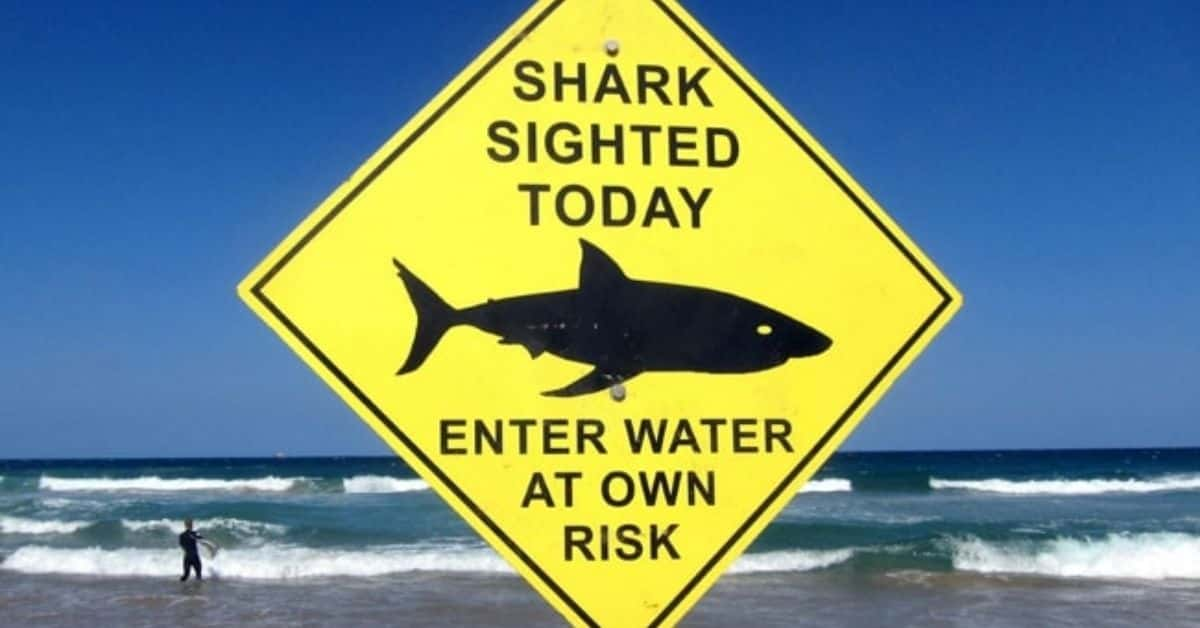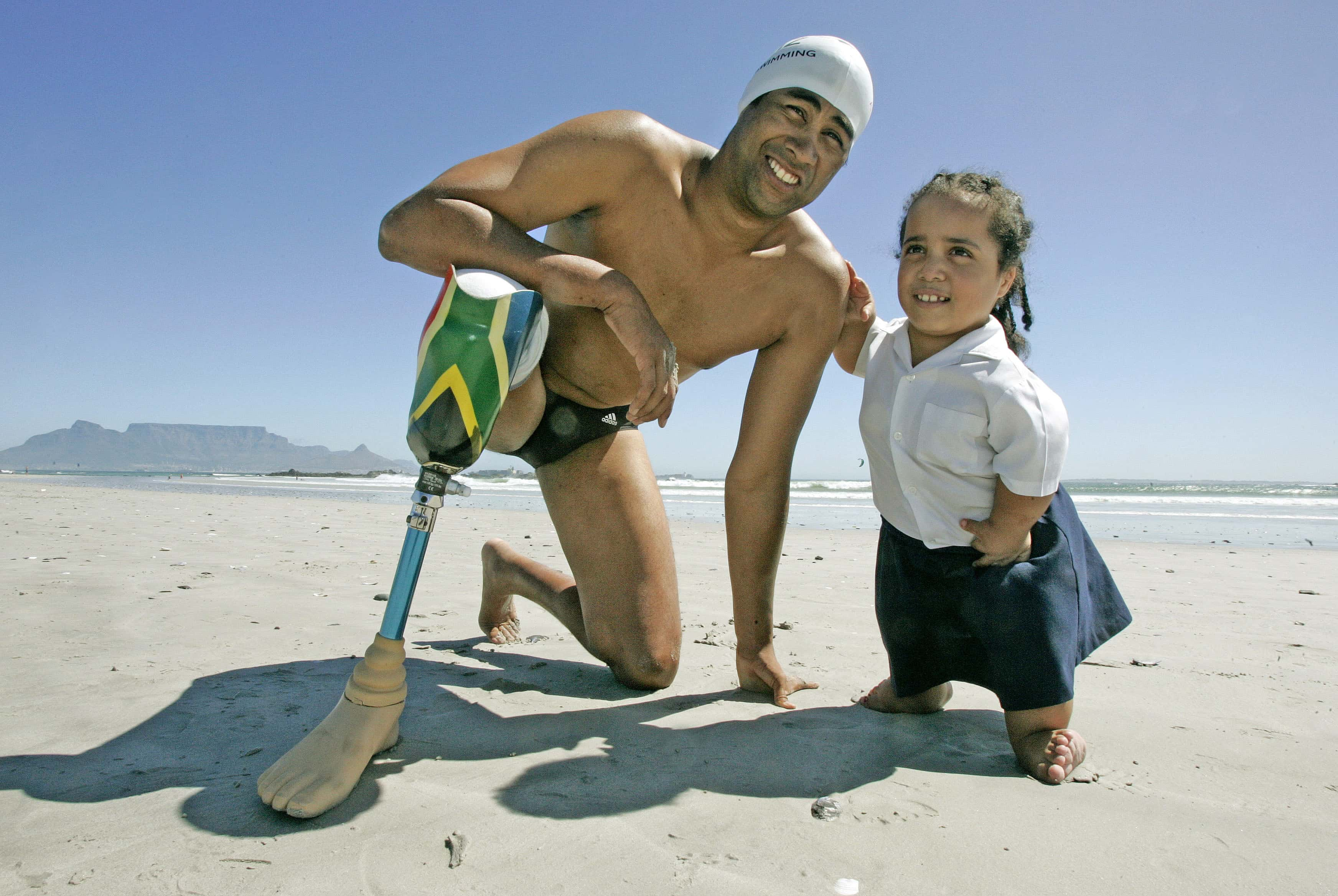SHARK WEEK! Beaches put on alert after large Great White shark migration approaches

With the onset of warm weather on the US east coast, scientists and researchers have warned beachgoers about the arrival of white sharks. The famous predators who mark their presence from June till the end of fall.
Greg Skomal, a state marine biologist who has been studying the region’s great whites for decades, wants to alert the beachgoers to be vigilant when swimming off beaches where the shoreline quickly drops off into deep water.
RELATED ARTICLES:

During the summer the great white sharks leave their winter nest around Florida and swim to Southern states and head north to swim in the warm region of the Cape. While July witness their arrival in the earnest. The first white shark was filmed eating a seal just off the beach from Great Point Lighthouse reports Daily Mail.
A great white shark was filmed eating a seal just off the beach from the Great Point Lighthouse on #Nantucket on Sunday. @A_WhiteShark @SharkWeek @OCEARCH
— Nantucket Current (@ACKCurrent) May 30, 2022
🎥: Will Little pic.twitter.com/RjsS54Zm9M
Boston news reported that since 2009, researchers have tagged more than 280 great whites off the cape, with nearly 230 of those tags still active and sending back data about shark movements, according to the scientists. The tags allow the experts to study the behavior of the sharks in predicting their movements minute by minute.
Most research suggests that the great white sharks' attack from below and can lead to catastrophic bleeding and death. While exceptions also exist many individuals have recounted their stories of having surfed near the great shark without being harmed. Researchers are simultaneously using the advanced methods of studying sharks through DNA Mapping and bite mark patterns. Scientists emphasize that bull sharks are deadlier as they can swim in both freshwater and saltwater because they can regulate the salt intake their body needs.

Megan Winton, a scientist with the Atlantic White Shark Conservancy stated during a press conference "Just know that large sharks are here." Skomal and Winton have expertise over the years in studying the shark behavior in order to raise safety practices.
The Florida Museum of Natural History’s International Shark Attack report states that there occurred around137 alleged shark-human interactions worldwide in 2021. The 2021 worldwide total of 73 confirmed unprovoked cases was in line with the most recent five-year (2016-2020) average of 72 incidents annually. Interestingly, the unprovoked cases were comparatively down in 2020, which is being attributed due to the global lockdowns due to Covid-19. In 2021 there were 11 shark-related fatalities, 9 out of which are tagged as unprovoked. This number is above the annual global average of five unprovoked fatalities per year.
A concerning fact is that the USA tops the chart in the unprovoked category. With 47 confirmed cases it stands 42% higher than the 33 incidents that occurred in the US in 2020.










